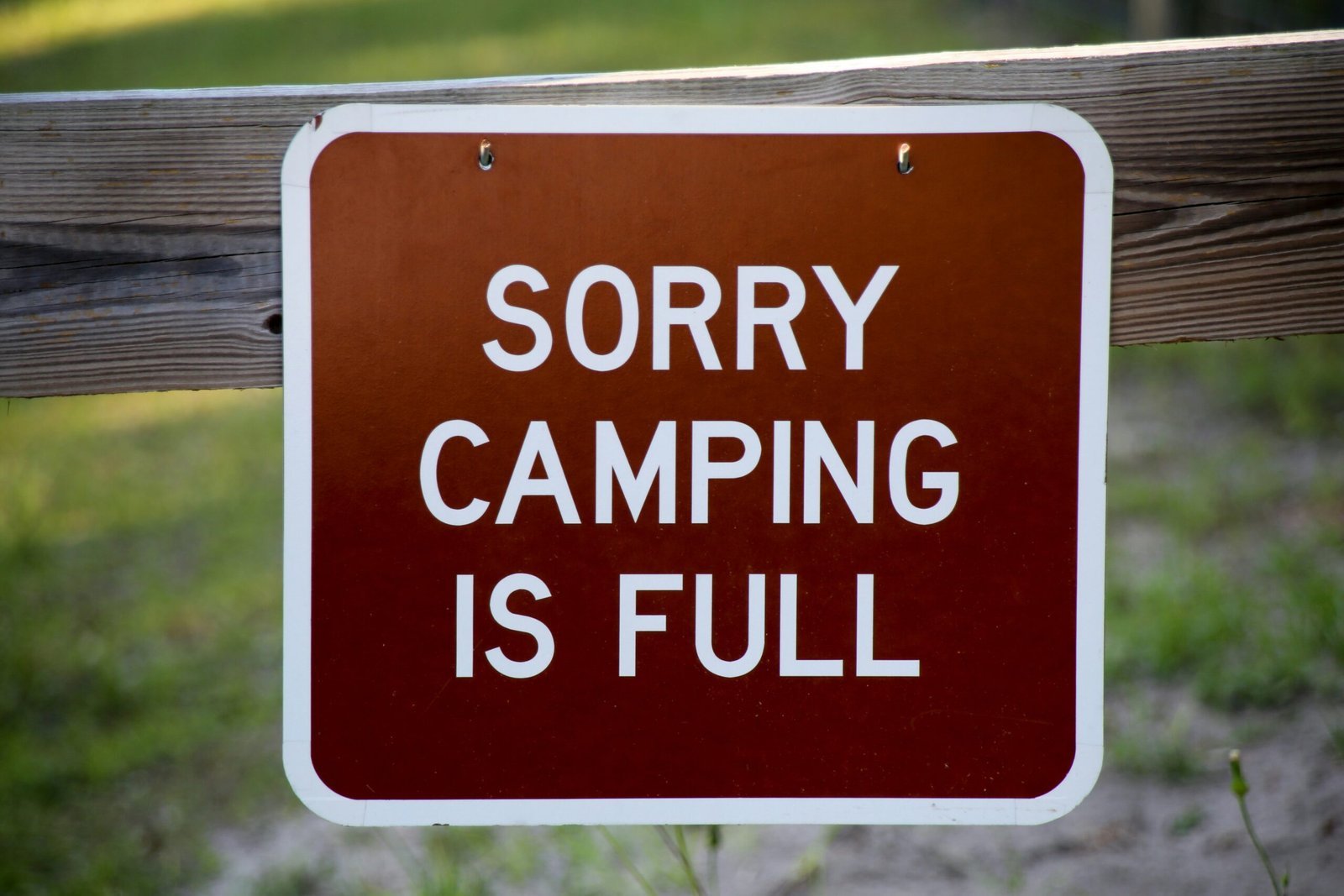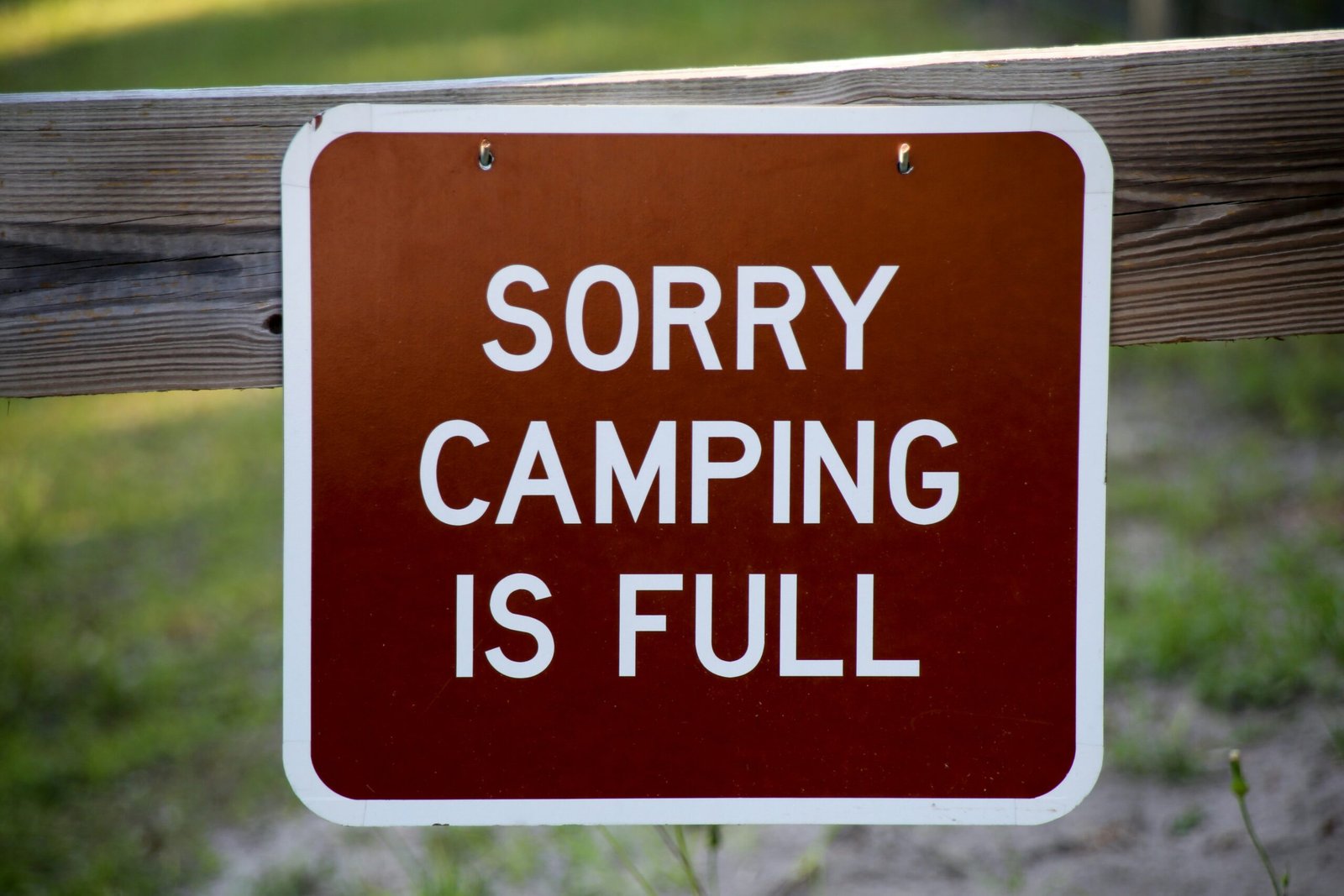
Introduction to Budget Backpacking
Budget backpacking, often referred to as traveling on a shoestring, is a popular approach for adventurers who seek to explore the world without breaking the bank. This economical style of travel emphasizes minimalism, resourcefulness, and a keen sense of adventure. It appeals to many travelers because it allows for extended travel durations and a more immersive experience in each destination. By spending less on accommodation, food, and transportation, backpackers can allocate their resources to more enriching experiences and interactions.
One of the key benefits of budget backpacking is the ability to stretch one’s travel funds over a longer period. This extended timeframe enables travelers to delve deeper into local cultures, traditions, and lifestyles, often resulting in more authentic and meaningful experiences. Unlike conventional tourism, which can sometimes feel rushed and superficial, budget backpacking encourages a slower pace, fostering genuine connections with local communities and fellow travelers.
Another advantage is the opportunity to discover hidden gems that are often overlooked by mainstream tourists. Budget travelers frequently find themselves exploring off-the-beaten-path locations, staying in family-run guesthouses, and dining at local eateries. These experiences not only provide a more intimate understanding of a destination but also contribute to the local economy in a more sustainable manner.
This article aims to provide practical tips and strategies to help readers save money while backpacking. From choosing cost-effective accommodations and transportation options to finding affordable meals and activities, the following sections will equip you with the knowledge to maximize your travel experience without compromising on quality. Whether you are a seasoned backpacker or a novice traveler, these insights will help you make the most of your journey while keeping your budget in check.
Planning and Preparation
Thorough planning and preparation are essential for a successful and budget-friendly backpacking trip. The first step is to research affordable destinations. Many countries offer cost-effective travel experiences without compromising on the richness of the adventure. Look for destinations where the cost of living is low, and you can stretch your budget further. Southeast Asia, Eastern Europe, and parts of South America are popular among budget travelers for their affordability.
Once you’ve selected your destination, set a realistic budget. Consider all possible expenses, including accommodation, food, transportation, and activities. Factor in a buffer for emergencies or unexpected costs. Budgeting apps and online calculators can be incredibly helpful in estimating your daily expenses and keeping track of your spending.
Creating a flexible travel itinerary is another crucial aspect of planning. While it’s good to have a rough outline of your trip, leaving room for spontaneity can save money. Flexibility allows you to take advantage of last-minute deals on transportation and accommodation, which are often cheaper than pre-booked options.
Travel insurance is an investment that should not be overlooked. It provides a safety net for medical emergencies, trip cancellations, or lost belongings. Research and compare various policies to find one that offers comprehensive coverage at a reasonable price. Websites that aggregate multiple insurers can simplify this process and help you find a budget-friendly option.
Packing light and strategically is also important to avoid extra costs associated with luggage. Airlines often charge for checked baggage, so aim to travel with a carry-on only. Choose versatile clothing that can be layered and worn in different combinations. Essential items like a reusable water bottle, a compact first-aid kit, and lightweight toiletries can also help reduce expenses on the road.
By carefully planning and preparing, you can minimize costs and maximize your backpacking experience, making your adventure both enjoyable and affordable.
Finding Affordable Accommodation
When backpacking on a budget, finding affordable accommodation is paramount. There are various types of budget-friendly lodging options available to travelers, each with its own set of advantages. Hostels are a popular choice among backpackers, offering dormitory-style rooms that allow you to share costs with other travelers. Many hostels also provide communal kitchens, enabling you to save money by preparing your own meals.
Guesthouses and budget hotels can also be economical options, especially in regions where the cost of living is low. They often provide private rooms at a fraction of the price of mainstream hotels. For an even more cost-effective stay, consider couchsurfing. This platform connects you with locals who offer free accommodation, providing a unique opportunity to immerse yourself in the local culture.
To find the best deals, leverage various booking platforms and apps. Websites like Hostelworld, Booking.com, and Airbnb often feature last-minute deals and special discounts. Additionally, apps like Couchsurfing and Workaway can connect you with hosts offering free or discounted stays in exchange for volunteer work. House-sitting is another excellent option, where you stay at someone’s home for free in exchange for taking care of their property while they are away.
The benefits of staying in dormitories extend beyond just saving money. Dormitories foster a social environment, making it easier to meet fellow travelers and share tips and experiences. Volunteering in exchange for accommodation not only helps you cut costs but also enriches your travel experience by allowing you to contribute to the local community.
Ultimately, with a bit of research and flexibility, you can find affordable accommodation options that suit your needs and budget. By utilizing these tips and resources, you can stretch your funds further and make the most of your backpacking adventure.
Saving Money on Transportation
One of the most significant expenses during a backpacking trip is transportation. However, with some strategic planning and flexibility, you can greatly reduce these costs. Opting to travel during off-peak times can result in substantial savings. Airlines and transportation services often offer lower prices during weekdays or outside of holiday seasons. This simple adjustment can help stretch your budget further.
When it comes to flying, budget airlines are a backpacker’s best friend. These no-frills carriers provide basic services at significantly lower prices compared to full-service airlines. To maximize savings, it’s crucial to book flights well in advance. Flight prices tend to increase as the departure date approaches, so securing your tickets early can lead to considerable savings.
Upon arrival, embracing local transportation options can further cut down expenses. Buses, trams, and trains are often more economical than taxis or ride-sharing services. Additionally, purchasing regional or country-specific travel passes can provide unlimited travel within a certain period, offering excellent value for money.
For those open to unconventional methods of travel, hitchhiking and car-sharing services present viable alternatives. Hitchhiking, though requiring a bit of patience and a sense of adventure, can be entirely free. Car-sharing platforms like BlaBlaCar connect travelers heading in the same direction, splitting the costs and making the journey more affordable.
Finally, consider investing in travel insurance that covers transportation mishaps or cancellations. While this might seem like an additional expense, it can prevent unexpected costs from derailing your budget.
Eating on a Budget
Backpacking can be a thrilling and liberating experience, but it’s also essential to manage your funds wisely to extend your travels. One significant area where you can save money is food. By being strategic about your eating habits, you can enjoy delicious meals without breaking the bank.
Firstly, shopping at local markets is a fantastic way to eat well on a budget. Local markets often offer fresh produce, meats, and dairy products at lower prices compared to supermarkets. Shopping here not only saves money but also allows you to experience the local culture and cuisine firsthand. Look for seasonal fruits and vegetables, which are usually cheaper and more flavorful.
Cooking your meals at hostels is another budget-friendly tip. Many hostels provide communal kitchens where you can prepare your food. This not only saves money but also provides an opportunity to connect with fellow travelers. Sharing meals and recipes can be a fun and economical way to enjoy diverse dishes. Carrying a small set of essential spices can elevate simple meals, making them more enjoyable.
Street food is an integral part of the backpacking experience and often offers some of the most authentic and affordable meals. Street vendors sell a variety of local dishes at a fraction of the cost of restaurants. Always opt for stalls that are busy and frequented by locals, as this usually indicates good quality and hygiene.
Carrying a reusable water bottle and snacks is a practical way to cut down costs. Water bottles can be refilled at hostels, public fountains, or restaurants, avoiding the need to purchase bottled water. Snacks like nuts, dried fruits, and granola bars are convenient for long journeys and prevent the temptation of buying expensive snacks on the go.
Lastly, eating where locals eat can lead you to hidden gems that offer authentic and affordable meals. Local eateries are often less touristy and more reasonably priced. Don’t hesitate to ask locals for recommendations; they can guide you to the best spots that might not be listed in travel guides.
Free and Low-Cost Activities
Embarking on a backpacking adventure doesn’t have to drain your wallet. There are numerous ways to enjoy a destination without spending excessively. One of the most accessible activities is hiking. Many places around the world offer beautiful trails that can be explored for free. Whether in national parks or local nature reserves, hiking provides a unique opportunity to experience the natural beauty of a region while staying active.
Public parks are another excellent option for budget travelers. These spaces often host free events, provide scenic spots for picnicking, and offer a peaceful respite from urban environments. Some parks also feature botanical gardens, historical landmarks, and playgrounds, making them versatile destinations for visitors of all ages.
Exploring cultural sites can also be done economically. Many cities offer free walking tours led by knowledgeable local guides. These tours often cover major attractions and provide valuable insights into the history and culture of a place. Additionally, many museums have designated discount days or hours when entry fees are significantly reduced or entirely waived. Planning visits around these times can result in substantial savings while still enjoying rich cultural experiences.
Community events are another fantastic way to immerse yourself in local culture without spending much. From street festivals to public performances and local markets, these events often provide free or low-cost entertainment. They also offer a chance to connect with locals and gain insider knowledge about affordable activities and hidden gems in the area.
Lastly, engaging with locals can reveal a wealth of budget-friendly opportunities. Residents often know the best spots for inexpensive dining, unique experiences, and free activities that may not be well-publicized. By fostering connections with locals, whether through social media, travel forums, or in-person interactions, backpackers can discover authentic and affordable experiences that enhance their journey.
Money-Saving Travel Hacks
When embarking on a backpacking adventure, being mindful of expenses can make a significant difference in extending your journey and making the most out of it. One effective strategy is to utilize travel reward programs. Many airlines, hotels, and even credit cards offer loyalty points that can be redeemed for free flights, accommodations, or other travel-related expenses. By signing up for these programs and making strategic use of your points, you can significantly cut down on major costs.
Credit card benefits are another valuable resource for budget-conscious travelers. Some credit cards offer perks such as no foreign transaction fees, travel insurance, and cashback on travel purchases. Additionally, certain cards provide access to airport lounges, which can save you money on food and drinks during long layovers. Researching and choosing the right credit card can provide substantial savings.
Finding travel deals through social media groups and online forums can also be highly beneficial. Platforms like Facebook and Reddit host numerous travel communities where members share exclusive deals, tips, and experiences. Joining these groups can help you discover discounted flights, accommodation offers, and even free activities that you might not find elsewhere.
Avoiding tourist traps is crucial in saving money while on the road. Tourist hotspots often come with inflated prices for food, souvenirs, and services. Instead, seek out local markets, eateries, and shops where you can experience authentic culture at a fraction of the cost. Additionally, negotiating prices can be an effective way to save money, especially in markets or with local vendors. Don’t be afraid to haggle politely; often, it’s an expected part of the transaction.
Managing your finances effectively is essential for a budget-friendly trip. Using budget tracking apps can help you keep an eye on your spending and ensure you stay within your budget. Apps like Mint, YNAB (You Need a Budget), and Trail Wallet are designed specifically for travelers, offering features like expense categorization, currency conversion, and budget forecasts.
By employing these money-saving travel hacks, backpackers can stretch their budgets further, making the adventure not only more affordable but also potentially more enriching and enjoyable.
Staying Safe and Healthy
When embarking on a budget-friendly backpacking adventure, prioritizing safety and health is paramount. Ensuring a secure and healthy journey can significantly enhance your overall travel experience, even when funds are limited. Here are some essential tips to help you stay safe and healthy while traveling on a shoestring budget.
Firstly, when choosing budget accommodations, it’s crucial to research thoroughly. Read reviews and check ratings on reliable platforms to gauge the safety and cleanliness of hostels, guesthouses, or budget hotels. Opt for accommodations located in well-lit and secure neighborhoods. If possible, connect with fellow travelers who have stayed at the same place to get firsthand insights. Additionally, always secure your valuables in a locker or a safe, and avoid leaving important items unattended.
Reliable transportation is another vital aspect of staying safe on the road. Always use reputable transportation services, whether it’s buses, trains, or taxis. In many countries, rideshare apps can be a safer and more cost-effective option than traditional taxis. When traveling by bus or train, keep an eye on your belongings and avoid isolated or poorly lit areas, especially at night.
Maintaining personal health is equally important while traveling. Staying hydrated is essential, especially in hot climates or after long treks. Always carry a reusable water bottle and refill it from safe sources. Aim to get enough rest and sleep to keep your energy levels up and your immune system strong. Carrying a basic first aid kit can be a lifesaver in case of minor injuries or illnesses. Include items like band-aids, antiseptic wipes, pain relievers, and any necessary prescription medications.
In case of emergencies, knowing how to access affordable healthcare is crucial. Research the healthcare facilities available at your destination before you travel. Many countries have public hospitals that provide affordable care, but it’s wise to have travel insurance that covers medical emergencies. Additionally, familiarize yourself with local emergency numbers and keep them handy.
By following these tips, you can ensure a safer and healthier backpacking experience, allowing you to make the most of your travels without compromising on your well-being.
Conclusion: Embracing the Budget Backpacking Experience
In conclusion, backpacking on a shoestring budget is not just a way to save money but an opportunity to enrich your travel experiences. By prioritizing free or low-cost activities, utilizing budget-friendly accommodation options, and leveraging local transportation, you can explore the world without breaking the bank. Embracing budget backpacking encourages you to engage more deeply with local cultures, meet fellow travelers, and discover hidden gems that may not be found in typical tourist destinations.
Traveling on a tight budget often leads to more meaningful and memorable experiences. The limitations of a shoestring budget can actually foster creativity, forcing you to think outside the box and seek out unique opportunities. Whether it’s volunteering in exchange for accommodation, cooking meals with ingredients from local markets, or staying in hostels to meet new people, budget backpacking can transform your journey into an adventure of a lifetime.
We invite you to share your own tips and stories about budget backpacking. Your experiences can inspire and guide others who are eager to explore the world without spending a fortune. Feel free to leave comments, share your favorite budget travel hacks, or recount memorable moments from your own travels.
Remember, the spirit of budget backpacking lies in the willingness to embrace the unknown and the excitement of exploring new horizons. So, start planning your own budget-friendly adventures today! Pack your backpack, hit the road, and create unforgettable memories while discovering the beauty of the world on a shoestring budget.

